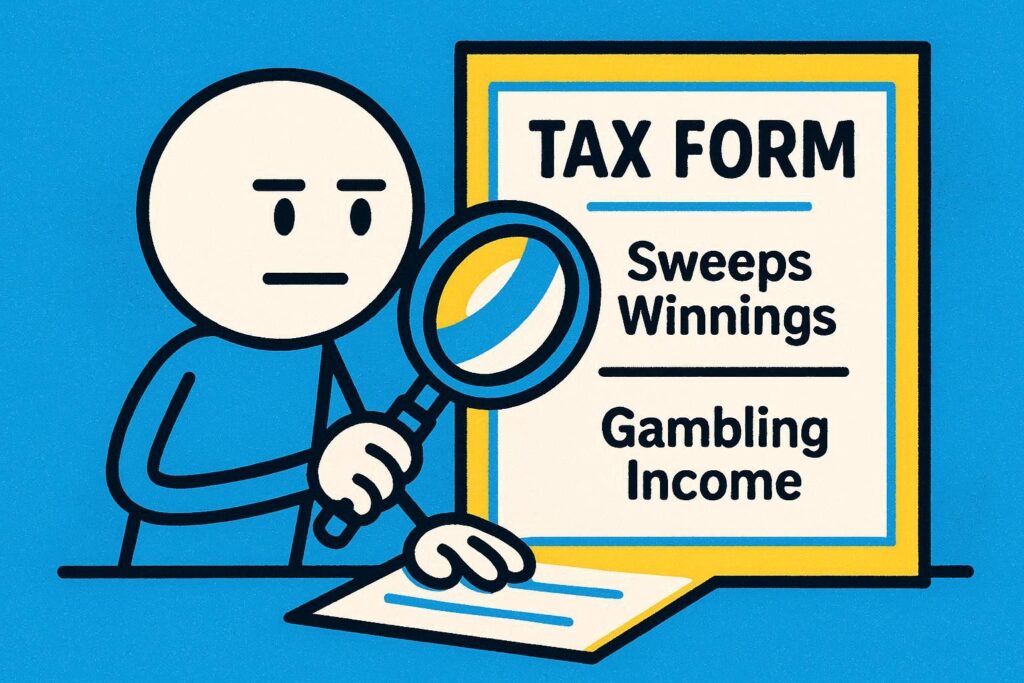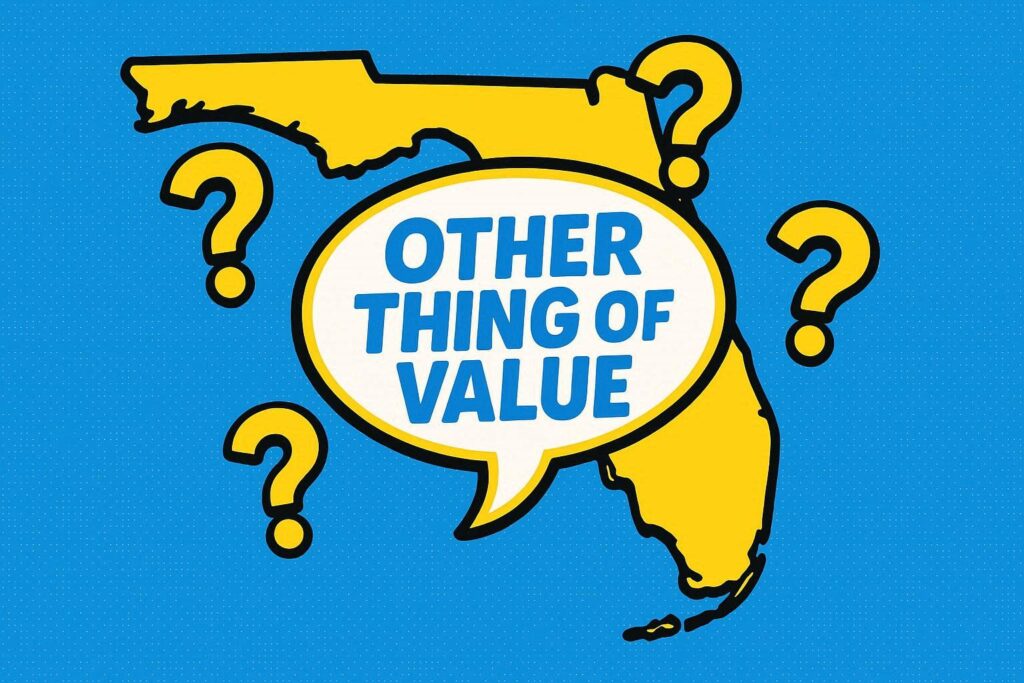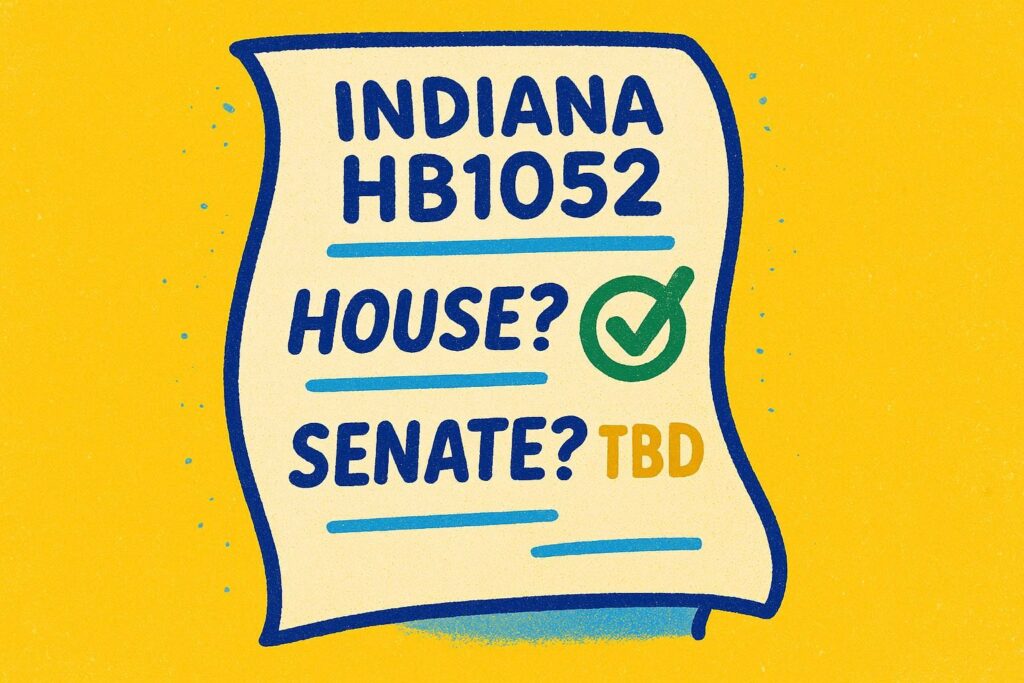We’re up to four publicly known sweepstakes casino operators to formally pull out of California as Gov. Gavin Newsom considers his decision on Assembly Bill 831.
Dara Casino officially blocked access to players in California on Oct. 1, making that state the 10th jurisdiction on its list of excluded markets. That list is now as follows:
- California
- Connecticut
- Idaho
- Louisiana
- Michigan
- Montana
- Nevada
- New Jersey
- New York
- Washington
It is not immediately clear if players in California will still be able to redeem any Sweeps Coins remaining in their accounts beyond Oct. 1, or if they would have needed to have done that prior to Oct. 1.
Carnival Citi was the first sweepstakes casino to withdraw from California after lawmakers unanimously approved AB831 on Sept. 12. Earlier that month, High 5 Casino also pulled the plug on its California operations, though its ongoing legal battle in the state may have factored into that decision.
Then, Ruby Sweeps joined the California exit party last week, informing its players the last day to use Emeralds (their version of Sweeps Coins) was Sept. 25.
This series of departures from the most lucrative market in the United States by a wide margin for sweeps casinos signals that at least some operators doubt Newsom will veto AB831 and are proactively adjusting to a future without California as part of their revenue streams.
Where things stand now
AB831, rewritten into its current form in June in the controversial gut-and-amend process, moved swiftly and unanimously through the California Legislature, passing its final vote in the Assembly on Sept. 12. The bill now sits on Gov. Gavin Newsom’s desk, where he has until Oct. 12 to either sign it into law, veto it, or take no action — allowing it to become law automatically.
Most industry chatter suggests there is little chance Newsom vetoes the bill.
However, interestingly, Victor Rocha, chairman of the Indian Gaming Association, recently predicted on his The New Normal webcast that Newsom may let the deadline expire without a veto or signature — which would, in effect, formally approve the bill without perhaps alienating a younger demographic that is more likely to play games on sweeps casinos.
“He wants to be president, man, you know what I mean?” Rocha said. “He wants to be president. He doesn’t want to piss off the 18-to-35 demo.”
Still, others aren’t 100% ruling out a veto. Bill Pascrell III, a prominent gambling attorney and lobbyist, told Sweepsy he believes Newsom “appreciates the potential” of revenue from a regulated sweeps model in California and may choose to weigh input from sweepstakes stakeholders, such as the Social Gaming Leadership Alliance.
“We implore Governor Newsom to veto this bill,” SGLA Executive Director Jeff Duncan said in a statement, and instead open the door for online social games to support economically disadvantaged tribal nations and the state’s economy while positioning California as a leader in next-generation gaming technology.”
What a regulated CA sweeps market would look like
A recent analysis suggests California could tap into a major revenue stream by regulating sweepstakes casinos.
The study, prepared by Eilers & Krejcik Gaming for the SGLA, projects that a taxed market (using a 7.25% purchases tax rate — the same as California’s sales tax) could deliver $200 million to $300 million in annual tax revenue, with upside as the industry expands.
EKG, a respected research firm known for its work in global gambling markets, noted in its study that the unregulated sweepstakes sector is already fueling around $1 billion in economic activity within California. Adding licensing fees and a tax on player purchases could lift the total benefit to $1.3 billion.
“We used conservative approaches to arrive at each of the individual components above, and our list of those components does not represent a comprehensive list of areas through which economic benefit is provided to California,” analysts wrote. “That said, the figures certainly help demonstrate that the industry provides substantial direct and indirect economic value to the state.”
While AB831 was being considered in the California Legislature, sweeps mega-operator VGW — the owner of Chumba Casino, LuckyLand Slots, and Global Poker — went as far as charging sales tax in several of its live markets, very likely in an effort to prove to California lawmakers it was willing to take that step to remain in the state.
A massive loss for sweeps revenue
The impact of losing California cannot be overstated.
After projecting $4.6 billion in nationwide sweeps casino revenue in the earlier-referenced study, EKG analysts modified their projections once it became clear AB831 was going to pass. According to those analysts, California accounts for 17.3% of the United States sweeps market. And their updated forecasts already reflect the potential loss: Their projected U.S. sweeps revenue for 2025 dropped from $4.6 billion to $4 billion, and the 2026 outlook slid further to $3.6 billion.
And we’re already seeing effects on the industry.
Several operators have re-opened their platforms in states where players had previously been blocked, more than likely in an effort to compensate for the impending loss of revenue in California. (If Newsom doesn’t veto the bill, it will become law on Jan. 1, 2026.) Baba Casino, for instance, re-launched its sweeps platform in six states in September.
On the other side of the spectrum, Vivaro.us, a small sweeps casino, shut down its entire platform on Oct. 1, telling players the decision stems from “increasing regulatory uncertainty surrounding sweepstakes casinos in the United States.”
The closure underscores how smaller sweeps casinos could be most vulnerable as states tighten their grip on the industry. VGW and operators of other larger sweeps casinos will be able to absorb the loss of California better than smaller independent operations.









